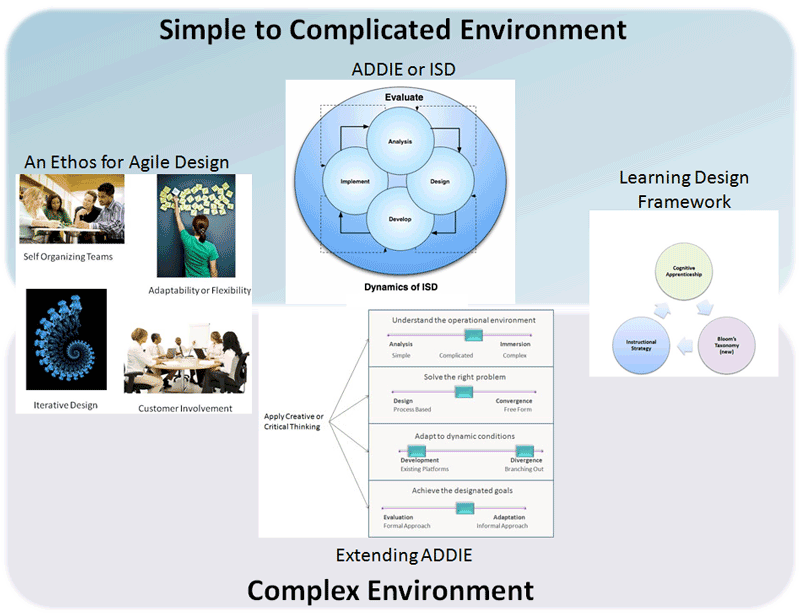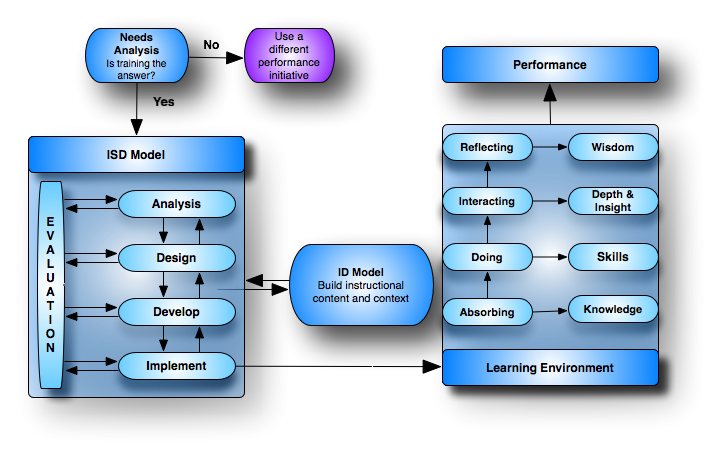Carl Rogers (1902-1987)
Best known for his contribution to client-centered therapy, Rogers was one of the founders of humanistic psychology, which promotes a more person-to-person approach to the traditional therapist-patient relationship, and emphasizes the responsibility and intention in human behavior.
Rogers also had much to say about education. Freedom to Learn is a classic statement of educational possibility. The concern with people speaking about their experiences in order to theorize and learn from them, the concept of the human organism as a whole, and the belief in the possibilities of human action have their parallels in the work of John Dewey. Carl Rogers was able to join these with therapeutic insights and the belief, borne out of his practice experience that the client often knows better in how to proceed than the therapist. He was also a committed practitioner who looked to his own experiences (and was, thus, difficult to dismiss as an academic). In short, he offered a new way to break with earlier traditions.
Carl Rogers was also a gifted teacher. His approach grew from his orientation in one-to-one professional encounters. He saw himself as a facilitator — one who creates an environment for engagemen, learning, and growtht. He provided educators with some fascinating and important questions with regard to their way of being with participants and the processes they might employ.
One of his more fascinating studies was on feedback. He discovered five ways in which we give feedback. They are listed below in the order in which they occur most frequently in daily conversations (notice that we make judgments more often than we try to understand):
- Evaluative: Make a judgment about the worth, goodness, or appropriateness of the other person's statement
- Interpretive: Paraphrasing - attempt to explain what the other persons statement means
- Supportive: Attempt to assist or bolster the other communicator
- Probing: Attempt to gain additional information, continue the discussion, or clarify a point
- Understanding: Attempt to discover completely what the other communicator means by her statements



